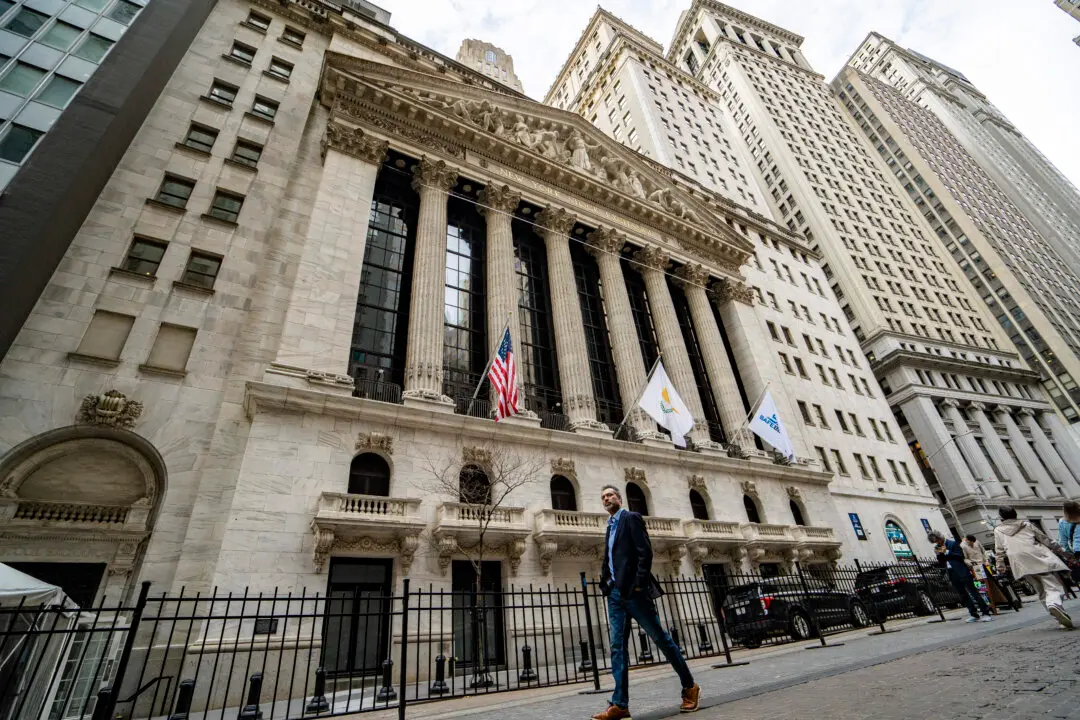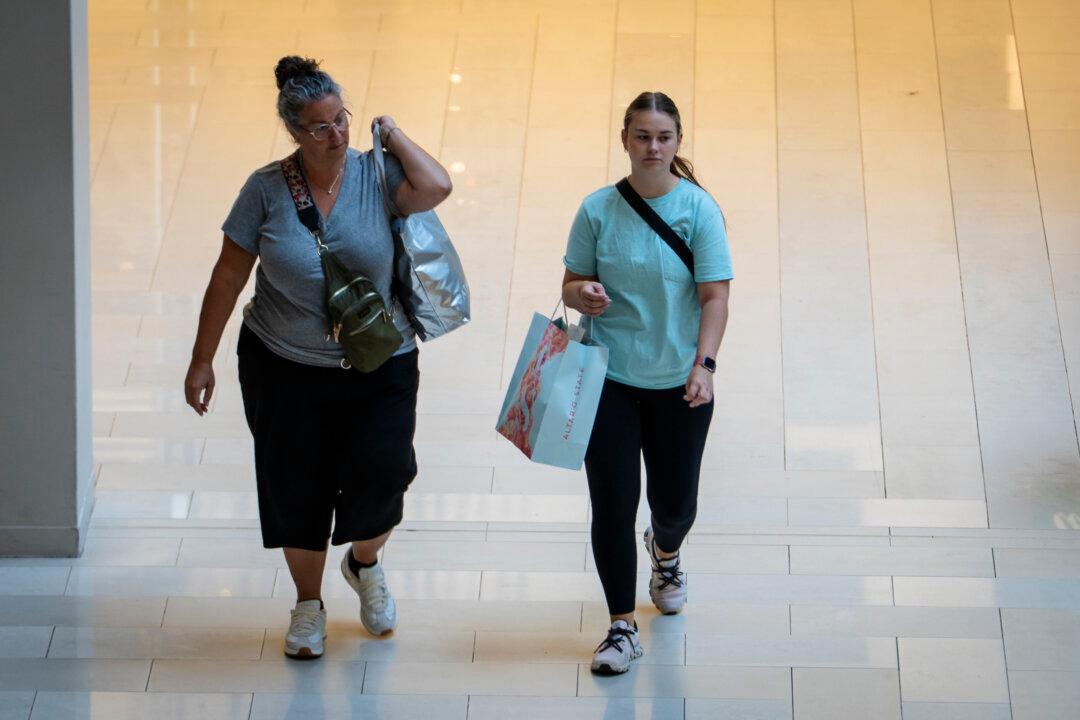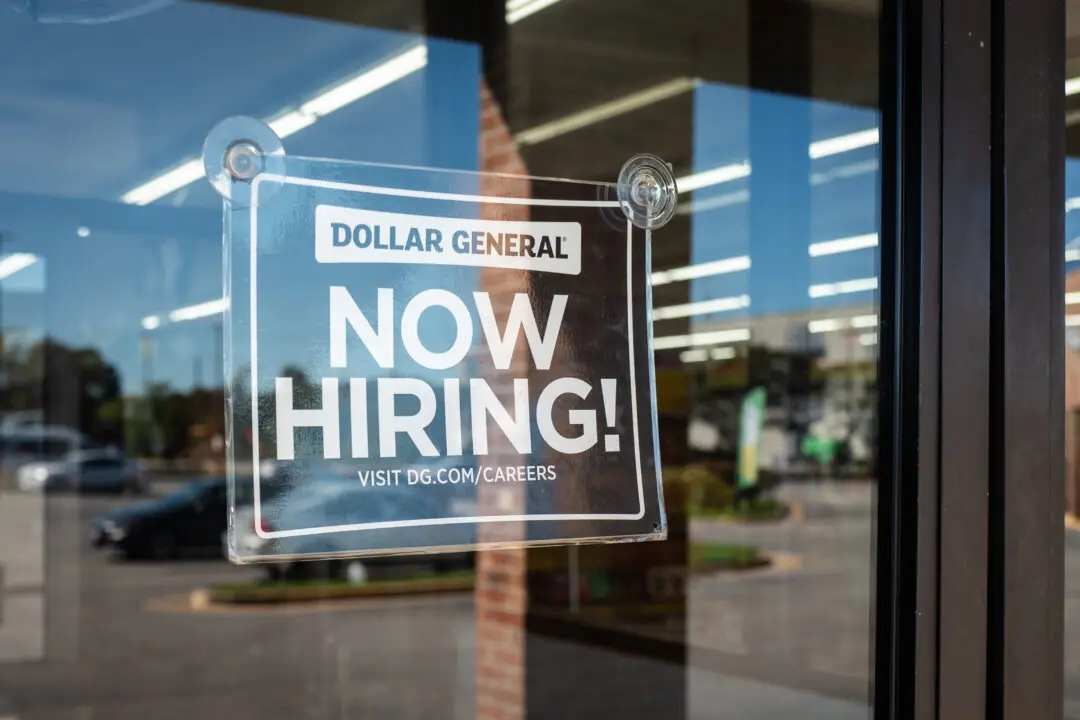Sri Lanka is now entrenched in an economic collapse and a humanitarian crisis, a little more than one year after the federal government adopted organic agriculture policies that adhered to the global environmental, social, and governance (ESG) trend.
This past summer, President Gotabaya Rajapaksa announced that he would be stepping down, after thousands of citizens stormed his presidential residence. Rajapaksa had been transferred to an undisclosed location, resulting in Parliament Speaker Mahinda Yapa Abeywardana confirming a “peaceful transition.”





